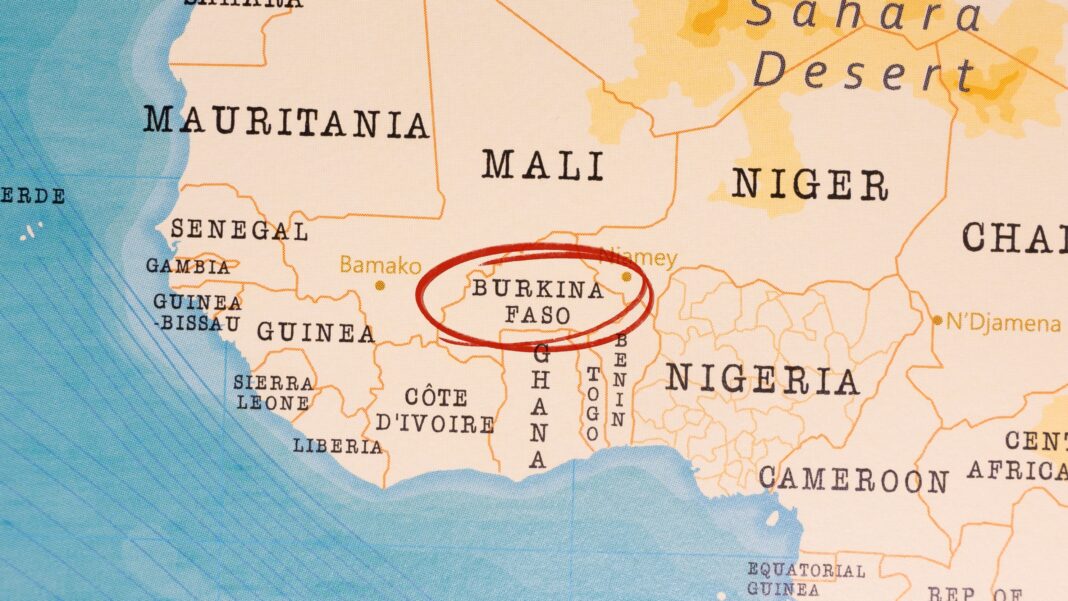by Sarvish Waheed
Burkina Faso is the victim of an unprecedented humanitarian crisis. The international community does not seem to have fully grasped the gravity of the situation. The two coups d’état that took place in 2022 loom large in the background. Indeed, it is well known that the Country’s recent instability is not the direct result of recent bombings or jihadist strategies, but rather of the first terrorist attacks in 2016.
General Paul-Henri Sandaogo Damiba seized power on the night of 23-24 January 2022, ousting President Roch Marc Christian Kaborè. Damiba’s military junta demanded more reforms in favour of the soldiers, care and proper tools to fight the terrorism that was tearing the country apart. But Damiba was never really able to lead Burkina Faso to peace and victory over the rebel groups. Al-Qaeda-linked extremists were in control of much of the Country during his tenure. On 30 September 2022, Captain Ibrahim Traorè led a coup d’état to remove General Damiba from office after the military became increasingly impatient with his counter-terrorism leadership.
To this day, the situation remains very serious and the humanitarian crisis continues to claim civilian victims. In November 2023, terrorists blockaded and held the town of Djibo, near the border with Mali; 40 civilians died and 42 others were injured in the clashes. Three camps for internally displaced people were set on fire, according to UN spokesman Seif Magango. Al-Qaeda-linked jihadists have been blamed.
“The deliberate targeting of civilians and people not involved in the conflict is a war crime,” the UN said, citing information from its field staff. Jihadist attacks have reached record levels in recent months, tarnishing the work of Captain Ibrahim Traorè. Humanitarian agencies operating in Burkina Faso said they were repeatedly prevented by the national army from operating and working in areas under terrorist control. Given that about half of the country is out of government hands, we are talking about a very high percentage of humanitarian aid not reaching its destination. There are 2 million internally displaced persons (IDPs) and some 5 million civilians in immediate need of assistance, out of a total population of 22 million. In addition to the government’s blockades, the jihadist forces are also in place, and have imposed a strict ban on the movement of people and aid.
“No member of my family can go and cultivate our land, our animals are starving,” said a community leader in the town of Kantchari. “Nothing can come in, nothing can go out,” he continued.
Captain Ibrahim Traorè’s army lacks resources and manpower, and is increasingly relying on volunteers who sign up to fight the rebels. These armed civilians were the victims of brutal attacks in 2023. In April of that year, 34 volunteers were killed in a single attack, and 36 in September. 1 million children and 31,000 teachers have been denied access to schools because of the ongoing violence and total insecurity, UNICEF reports.
Recently, a Russian delegation began negotiations with the Government of Burkina Faso on cooperation, with the clear intention of defeating the jihadists.
To learn more, read our Burkina Faso conflict factsheet
Cover image ©hyotographics/Shutterstock.com
























